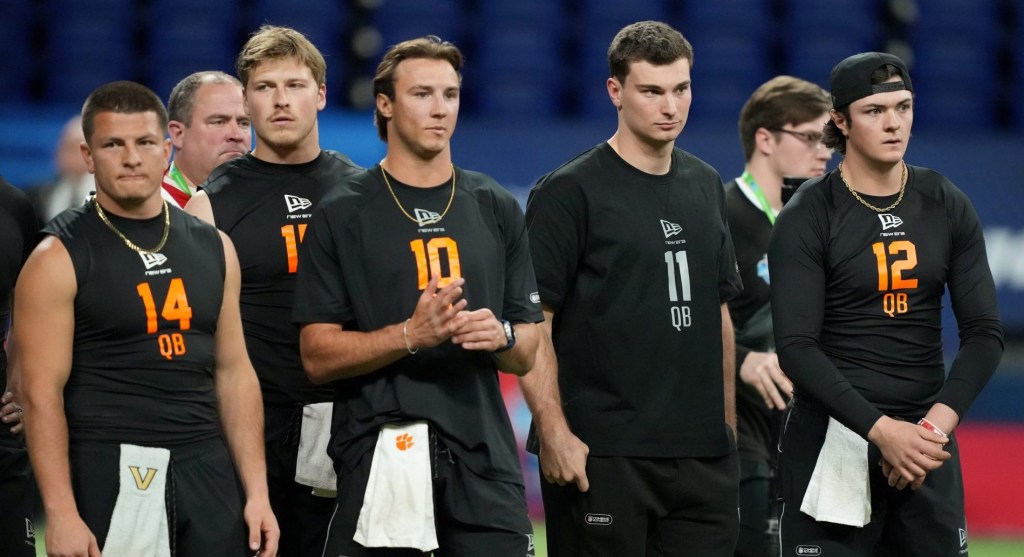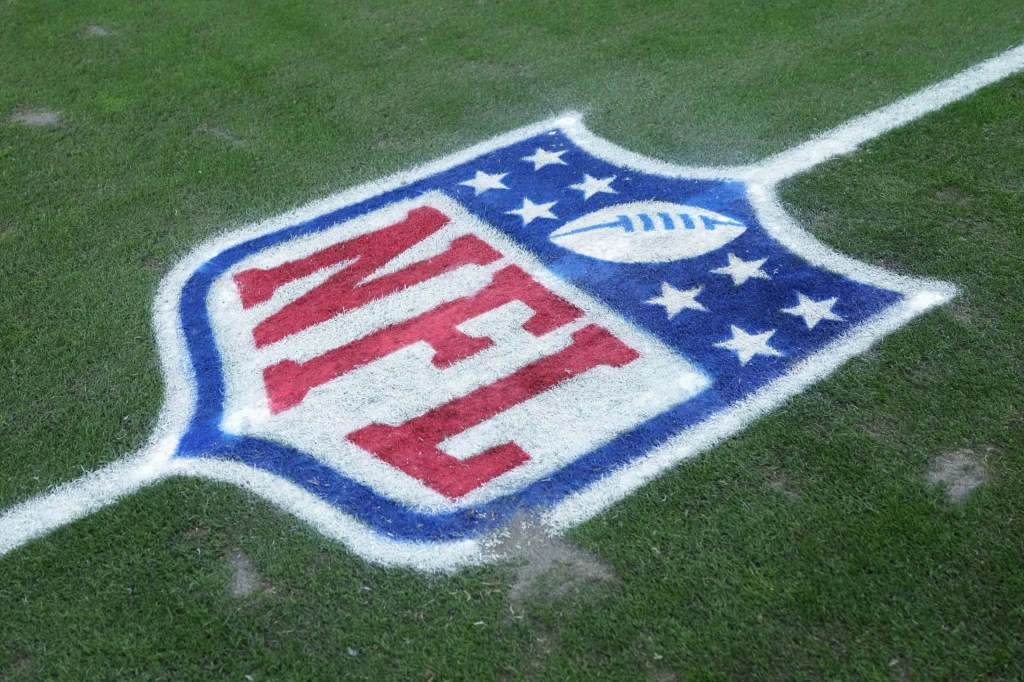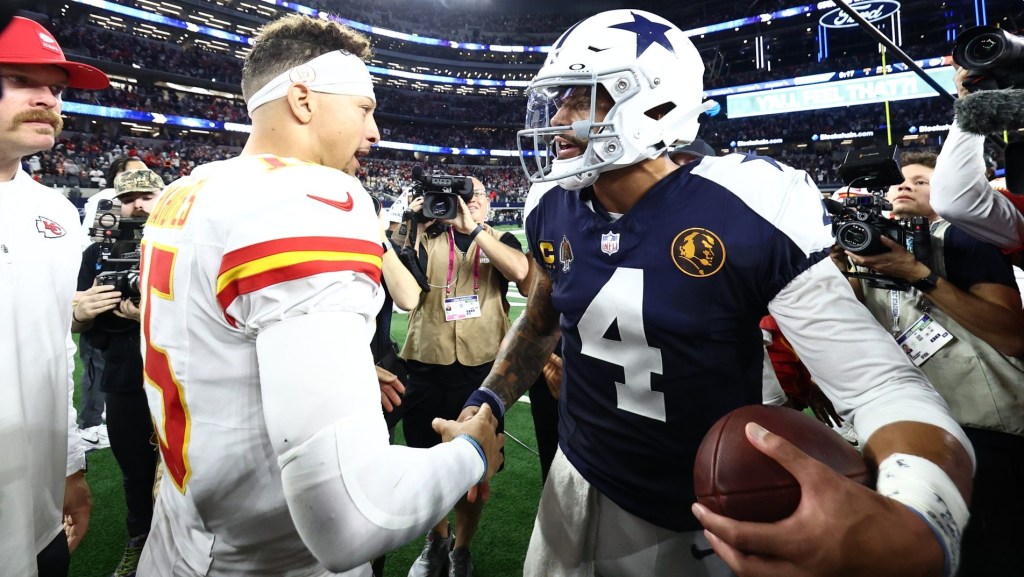There is potentially a new wrinkle to the ongoing debate between the NFL and NFL Players Association regarding the safety of the league’s playing fields—thanks to a pilot program of a new piece of technology.
Amid months of rising tension between the NFL and the union over the widespread use of artificial turf—the relative inconsistency of that turf and the removal of several such fields for natural grass in the 2026 World Cup to meet FIFA requirements—the ’23 NFL season featured the use of the BEAST, according to ESPN, a mobile machine testing field conditions in extensive detail.
Short for Biomechanical Elite Athlete Shoe-Turf Tester, the BEAST is more than 15 years in the making and is capable of evaluating the specific rotation and post-impact traction of various samples of artificial turf fields. Those scientific properties, in turn, are seen as key factors in whether a player could sustain an injury due to the field conditions.
Great Debate: Grass vs. Synthetic
The NFL has consistently argued that there is a negligible difference in the overall injury rates between natural grass and synthetic fields. But many players have argued they still feel worse overall and certainly more susceptible to injury on turf fields. The testing with the BEAST is designed in part to help bridge that divide with additional sets of objective metrics.
“We want to provide surfaces that perform best for our players,” NFL field director Nick Pappas told ESPN. “We want them to be able to go out and play and execute and be able to just focus on football.”
Data from this past season is now being aggregated and analyzed for further evaluation, and it will fuel future discussion between the NFL and NFLPA. More BEAST units are also in development, and the pilot program is set to be expanded in 2024.
The field debate, however, will continue to run up against the stark reality that for many NFL teams, it’s still operationally easier and frequently more lucrative to hold nongame events when they have turf fields. Falcons president Greg Beadles told Front Office Sports last month it wasn’t possible to have grass at Mercedes-Benz Stadium due to the facility’s 50-plus major events staged there annually as well as the downtown Atlanta setting.
“It’s a very tight campus. So we don’t have space to roll [out] a whole field,” Beadles said. “It’s not just our decision where we are located. … It’s just not tenable to have grass.”
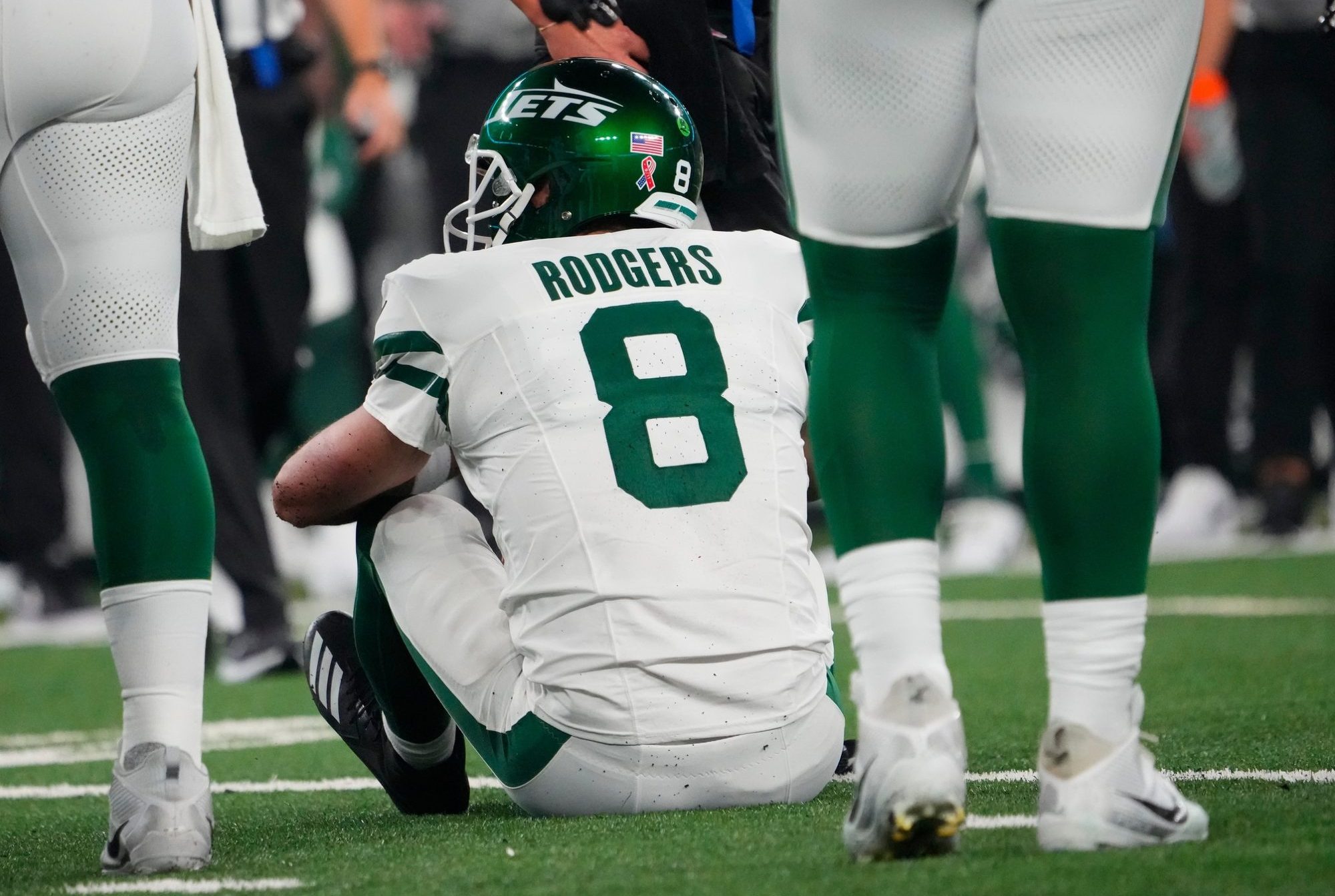


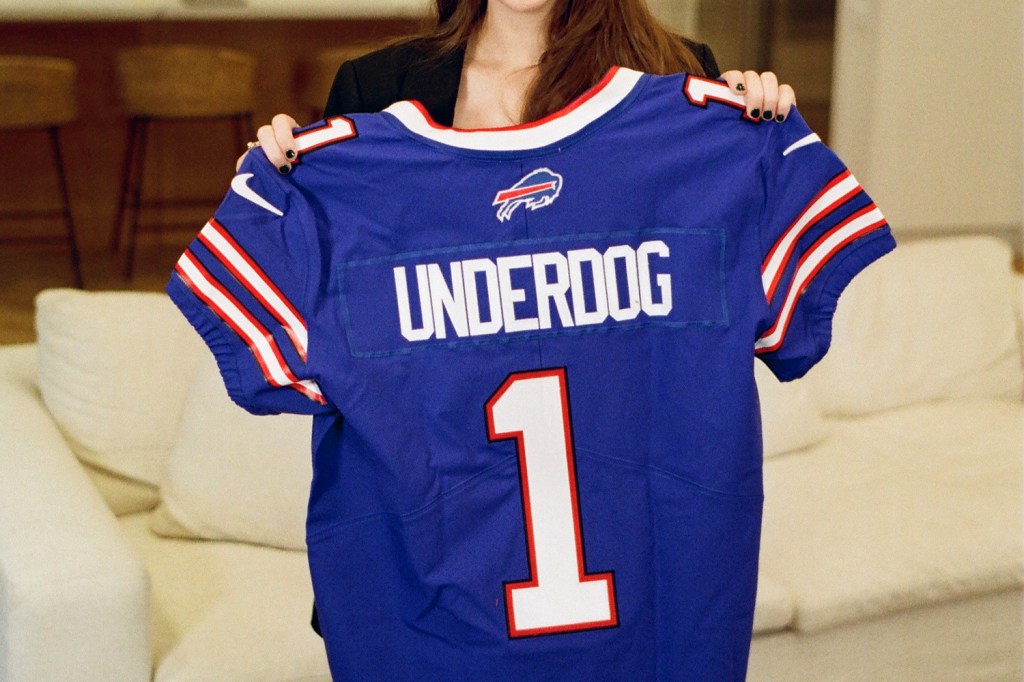


![[Subscription Customers Only] Jun 15, 2025; Seattle, Washington, USA; Botafogo owner John Textor inside the stadium before the match during a group stage match of the 2025 FIFA Club World Cup at Lumen Field.](https://frontofficesports.com/wp-content/uploads/2026/02/USATSI_26465842_168416386_lowres-scaled.jpg?quality=100&w=1024)
![[Subscription Customers Only] Jul 13, 2025; East Rutherford, New Jersey, USA; Chelsea FC midfielder Cole Palmer (10) celebrates winning the final of the 2025 FIFA Club World Cup at MetLife Stadium](https://frontofficesports.com/wp-content/uploads/2026/02/USATSI_26636703-scaled-e1770932227605.jpg?quality=100&w=1024)

![[US, Mexico & Canada customers only] Sep 28, 2025; Bethpage, New York, USA; Team USA's Bryson DeChambeau reacts after hitting his approach on the 15th hole during the singles on the final day of competition for the Ryder Cup at Bethpage Black.](https://frontofficesports.com/wp-content/uploads/2026/03/USATSI_27197957_168416386_lowres-scaled.jpg?quality=100&w=1024)
